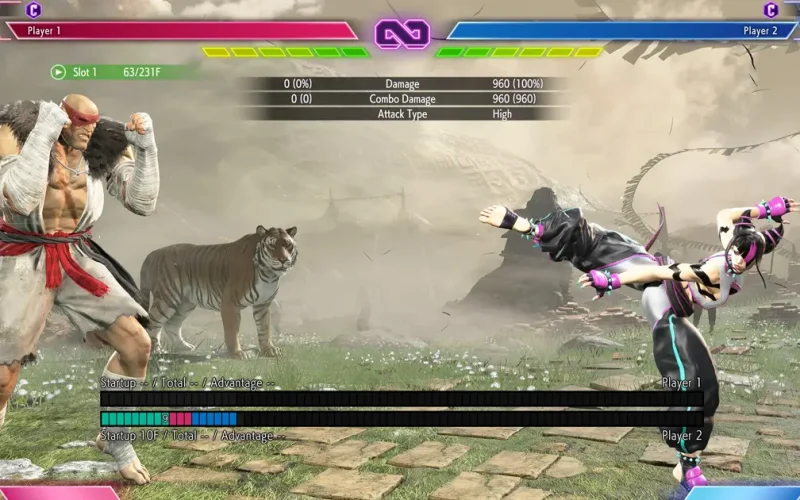In a revealing update on the troubled development of Anthem, former BioWare executive producer Mark Darrah released a significant portion of his insights this week, shedding light on pivotal moments that shaped the game’s trajectory. Notably, the decision by Electronic Arts (EA) not to delay Anthem in favor of completing Dragon Age 4 stands out as a critical juncture in the narrative of BioWare’s recent history.
Originally codenamed Dylan, Anthem was conceived by veteran director Casey Hudson, who pitched a groundbreaking vision to EA. Darrah recounts, “What Casey is pitching to EA is BioWare as a new thing. It’s BioWare doing storytelling but doing it in a live service, always online, brand new business model.” This ambitious approach aimed to create a game that could potentially achieve the revenue scale of a franchise like FIFA.
Darrah, who was deeply involved in the project until his departure from BioWare in 2021, emphasized that the vision presented to EA was not merely about a new type of story-driven game, but rather a reimagining of what BioWare could represent. He noted that a promotional video was crafted to articulate this vision, showcasing a shift away from traditional storytelling methods.
“This was a piece of media that did damage when it was shown to the rest of the BioWare team, and it probably should never have been shown,” Darrah stated, addressing the internal conflicts that arose from the presentation.
As the game progressed, it became evident that the aspirations for Anthem clashed with BioWare’s established identity, particularly among teams still focused on traditional RPGs like Dragon Age and Mass Effect. This dissonance may have contributed to the studio’s identity crisis in its more recent projects, including Dragon Age: The Veilguard, which faced multiple reboots, including an initial concept as a live service.
Darrah also highlighted another significant moment: EA’s refusal to delay Anthem to allow more development time. By the time of the 2017 E3 announcement, Anthem was beginning to take shape, yet Darrah advocated for prioritizing Dragon Age 4 instead. He expressed doubts about whether forcing Dragon Age 4 out before its multiple reboots, while granting Anthem additional time, would have fundamentally altered the outcomes for these projects.
Despite the turmoil, the original vision for Anthem remains a poignant reminder of BioWare’s potential. The challenges faced during development, including limitations with EA’s Frostbite engine and the departure of Hudson midway through, left a lasting impact on the final product.
In retrospect, the insights shared by Darrah paint a complex picture of a company striving to adapt to a rapidly changing gaming landscape while grappling with its own legacy. As fans continue to discuss the implications of these decisions, it is clear that the story of Anthem serves as a cautionary tale for future game development endeavors.
For more updates and in-depth analysis, be sure to follow the latest news from industry experts. Source







